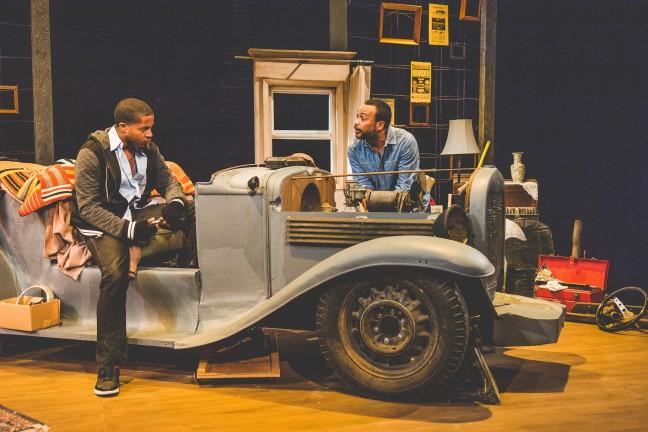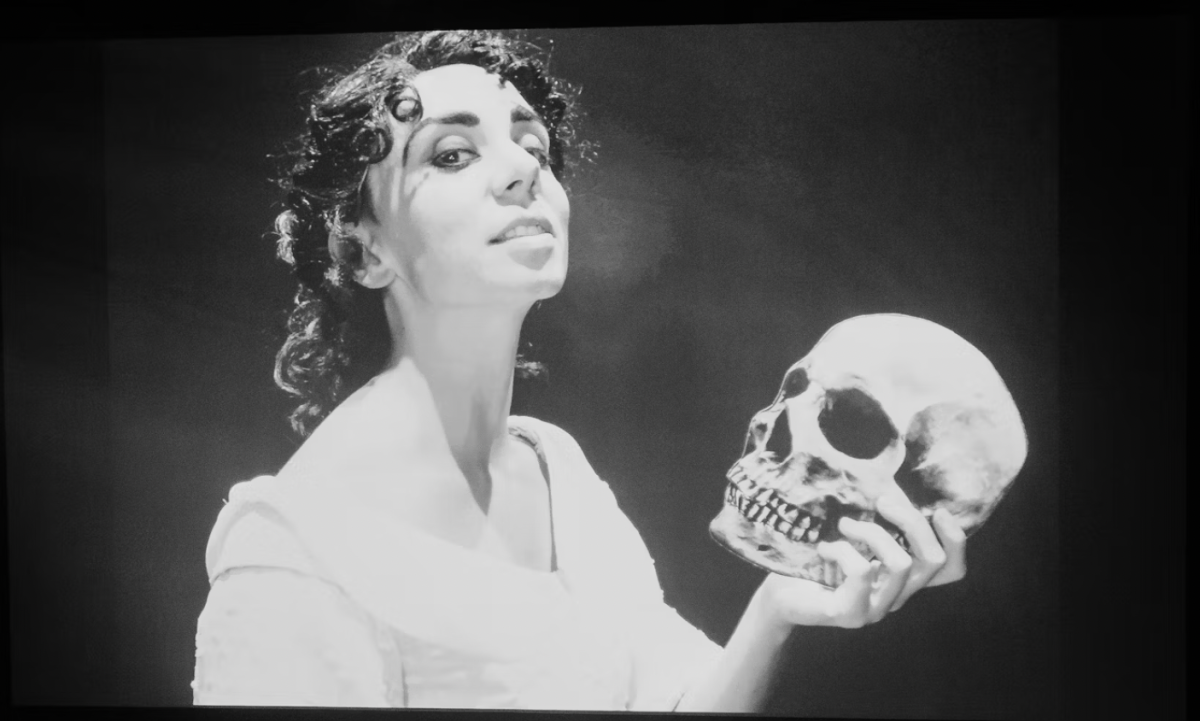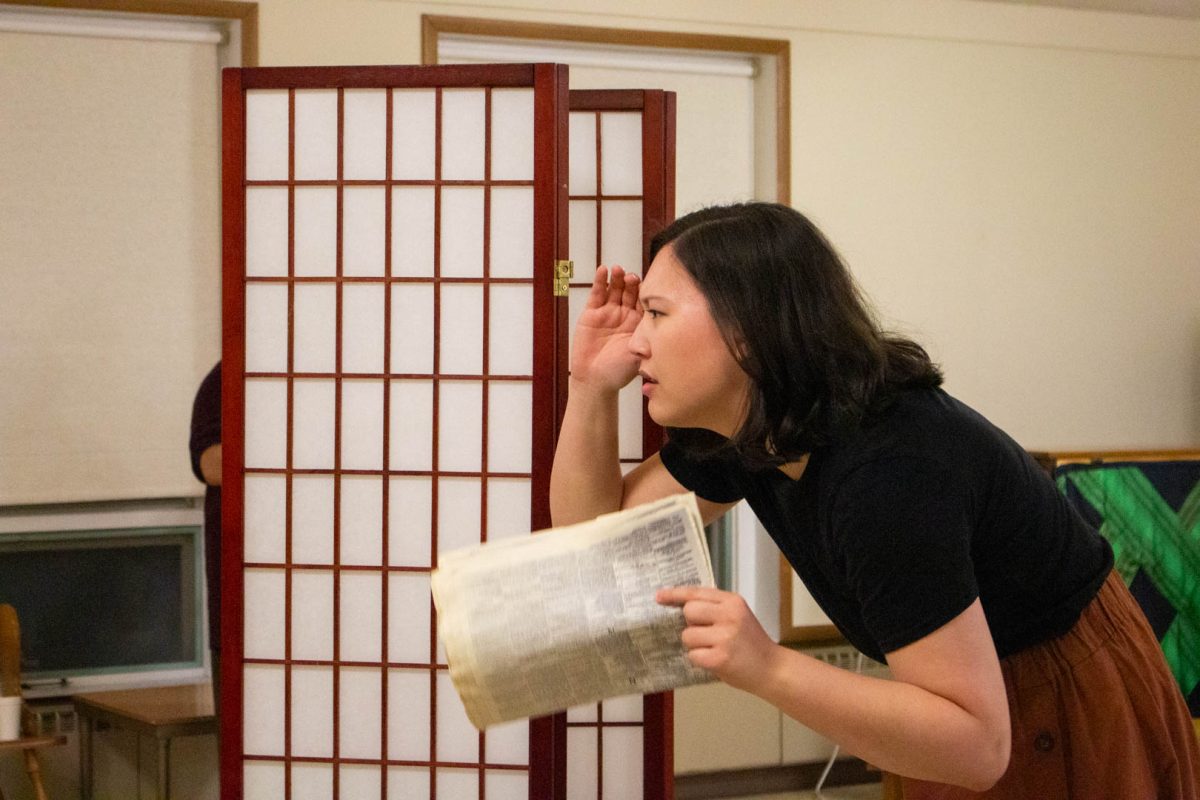Tony Robinson was 19-years-old when he died at the hands of a Madison police officer’s gun. And while protests and activism prevail almost one year later, a family still picks up the shards of a shattered reality.
In mid-February, the Overture Center showcased “The Mojo and the Sayso” — a play that, for this community, hit close to home.
Founder of Theater LILA and play director Jessica Lanius selected “The Mojo and the Sayso” in January 2015 for their current season. Inspired by the buzzing media in response to the 2014 shooting of Michael Brown in Ferguson, Missouri, Lanius was compelled to direct Aishah Rahman’s play about a family in the wake of their son’s death.
Rahman, a black woman who grew up in New York City in the late ‘40s, based her play off the real-life case of Clifford Glover — a 10-year-old black boy shot by a white New York City police officer in 1973. Lanius said the cop responsible for Glover’s death faced murder charges, but was acquitted.
In “The Mojo and the Sayso,” however, Rahman opted to focus on the family’s raw experience in their conscious nightmare, rather than highlighting the associated protests and activism so prevalent in today’s media.
“The play doesn’t talk a lot about the shooting, or who was guilty,” Lanius said. “It doesn’t even talk about anyone being black or white in the language of the play. I think [Rahman’s] response to this was wanting people to go beyond the headline and into the heart of this family.”

As a director, Lanius aims to stir audiences to become passionate about the community and those affected, whether or not they can resonate with the family’s suffering. She discerns the role of theater in combating social and political issues, emphasizing its live elements. Someone in the flesh conveying an emotional story for a live audience is a valuable “human exchange in the moment,” she said.
Through emotive physical choreography and delving into heavy questions, Lanius urges her actors to imagine their own life as one laden with grief. The key, Lanius said, is to allow authentic emotion to morph the body and spirit into an expression of truth. And with the “Mojo and the Sayso,” Lanius hopes this helps the play in propelling audiences not just to action, but also to empathy.
“It’s a great and beautiful reminder to us all when we hear these cases, and we see these protests, to remember there’s a family at the heart of all of this,” Lanius said. “There’s a community at large, depending on where it happened, and this ripple effect. There’s this depressed feeling of having an injustice, but having nowhere to turn for justice.”













